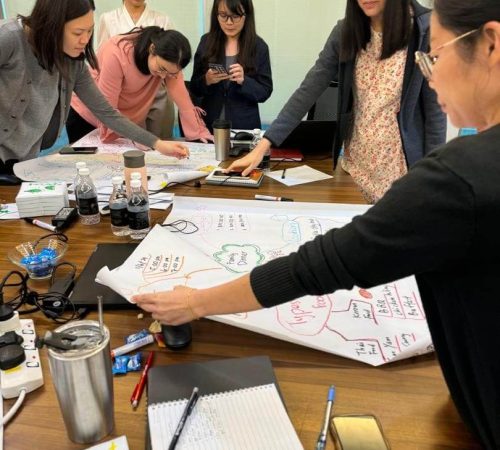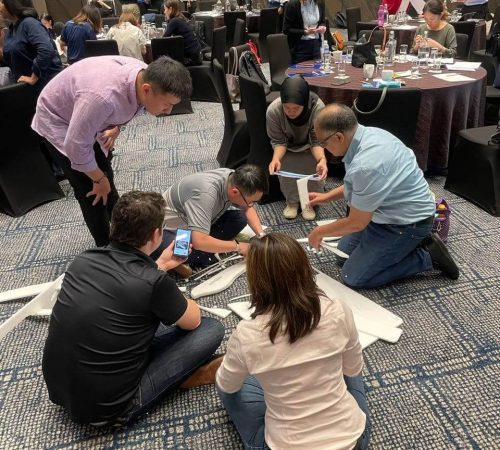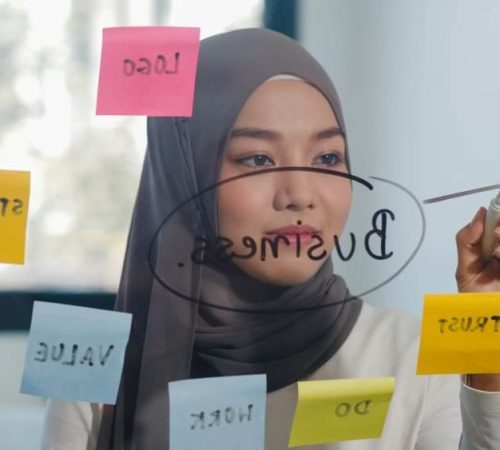Problem Solving
For Effective Solutions
Introduction
This program is designed to equip participants with essential problem-solving skills. In today’s complex world, the ability to identify, analyse, and resolve challenges is paramount for success. Throughout this course, participants will learn structured approaches to problem-solving, including defining problems, generating solutions, evaluating alternatives, and implementing effective strategies. Through practical exercises and case studies, they will develop critical thinking, creativity, and decision-making capabilities. This program will empower the participants to tackle obstacles confidently and achieve optimal outcomes.
Course Objectives
At the end of the program the participants will be able to:
Enhance Critical Thinking Skills: Develop participants’ ability to analyse, evaluate, and synthesize information to formulate effective solutions to complex problems.
Promote Creativity and Innovation: Encourage participants to think outside the box and generate novel ideas and approaches to problem-solving challenges.
Strengthen Decision-Making Abilities: Provide tools and techniques to aid in making well-informed and timely decisions, considering various factors and potential consequences.
Foster Collaboration and Communication: Cultivate teamwork skills and effective communication strategies to facilitate problem-solving in group settings, leveraging diverse perspectives and expertise.
Develop Problem Identification Skills: Enable participants to accurately identify underlying issues and root causes of problems, leading to more targeted and sustainable solutions.
Cultivate Resilience and Adaptability: Equip participants with the mindset and strategies to navigate setbacks and uncertainties effectively, adjusting problem-solving approaches as needed.
Instil Systematic Problem-Solving Methods: Introduce structured problem-solving frameworks and methodologies, such as root cause analysis, SWOT analysis, or the scientific method, to guide systematic problem-solving processes.
Empower Participants to Take Initiative: Encourage proactive problem-solving behaviours, empowering individuals to take ownership of challenges and actively seek opportunities for improvement.
Promote Continuous Learning and Improvement: Foster a culture of continuous learning and improvement, where participants are encouraged to reflect on past experiences, learn from successes and failures, and apply insights to future problem-solving endeavours.



